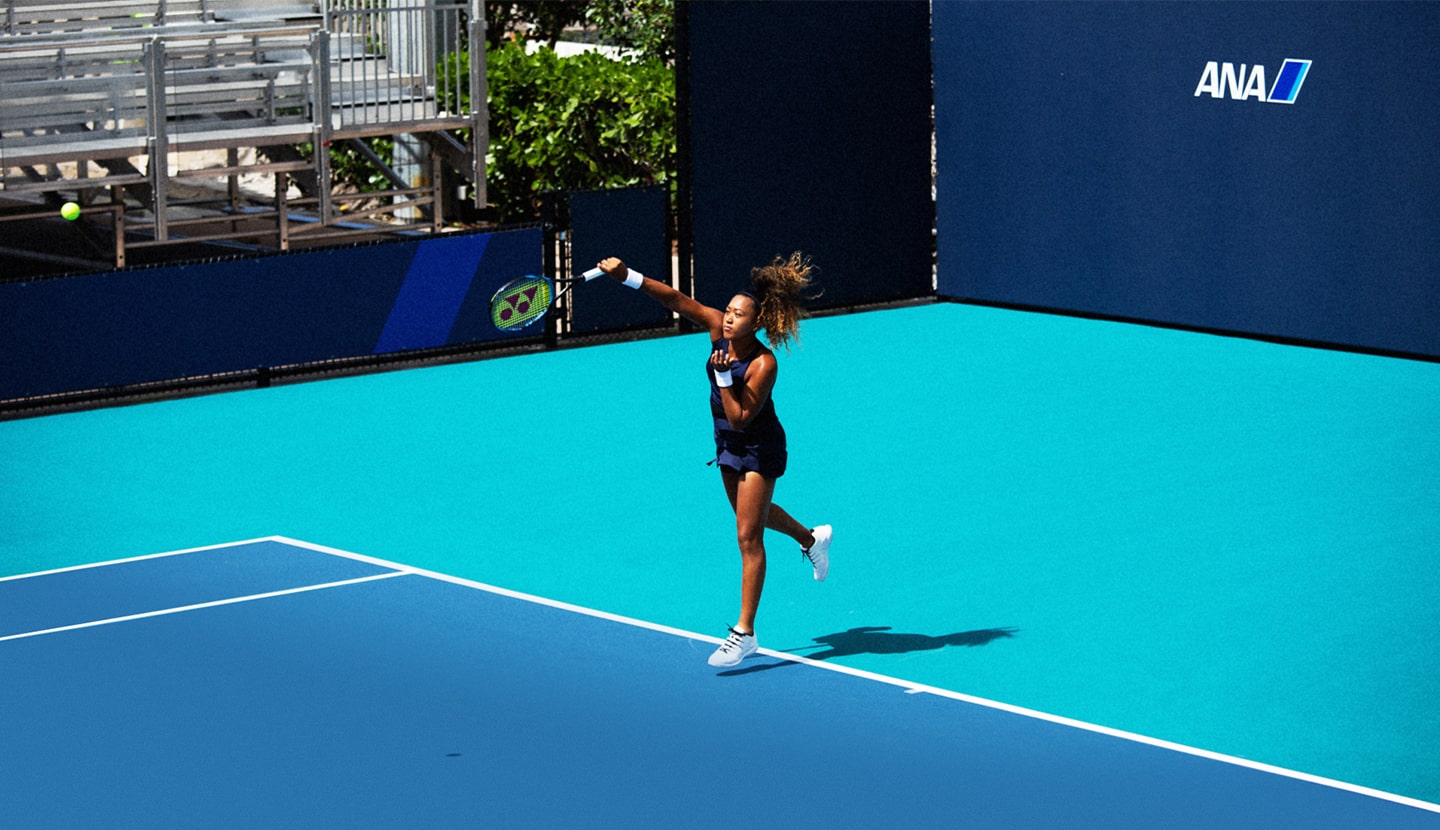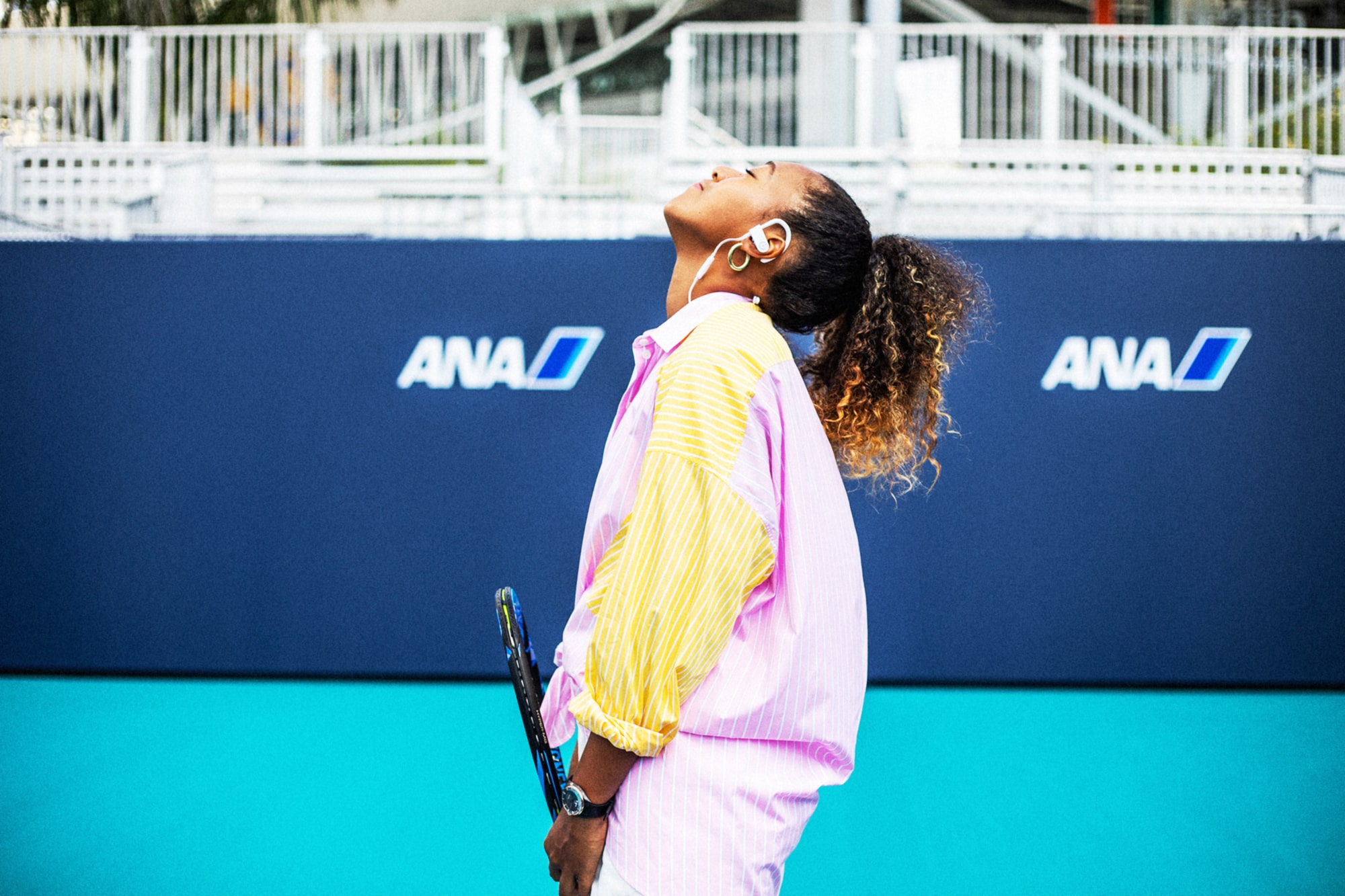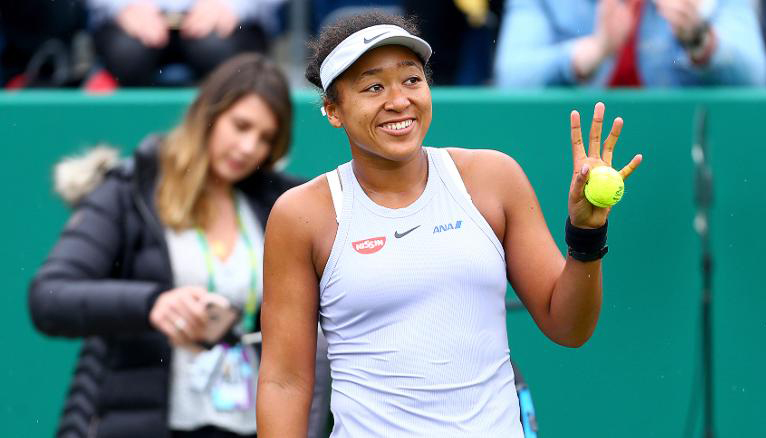Naomi Osaka is her sport's biggest sensation in a decade because she knows no boundaries.
The 21-year-old's ascent to dominate world tennis is stunning — not just for her raw power and imposing on-court presence, but also for her tireless quest to prove she can cope with any and all challenges.
And those challenges have been many — off and on the court.
Osaka, who was born in Japan and grew up in New York City and Florida, has spent years learning the meaning of success as a 21st-century sports star.
As a teenager first breaking through, she described not knowing how to interact with established tennis pros on the circuit — preferring instead to listen to music and keep her own company.



















